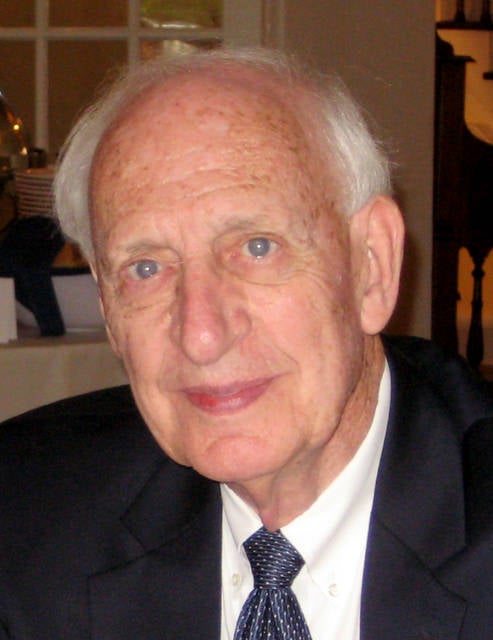A journey on memory lane and a return to today
Published 2:05 pm Monday, December 16, 2019
By William H. Baker
Contributing Writer
As a retiree and an advanced senior-level citizen, I find that my travels are more frequently on memory lane than on the interstate.
Sometimes I discover hidden or forgotten times, places and people. Sometimes I find a smile or a laugh related to good times and pleasant memories. Today, I found a copy of a program related to citizenship through naturalization in which I participated 30 years ago.
It seemed relevant today. There’s so much talk about immigration. So many arguments about what’s wrong with the country’s approach to solving immigration problems. In 1989, as a younger man living and working in Central Florida, the problems didn’t seem so overwhelming.
First, here’s the official government definition of naturalization: “Naturalization is the process by which U.S. citizenship is granted to a foreign citizen or national after he or she fulfills the requirements established by Congress in the Immigration and Nationality Act [INA].”
In November 1989, I was asked by a friend to be the speaker at a ceremony in Orlando for 80 candidates for citizenship in the United States. The person who invited me was a naturalized citizen from Australia who enjoyed a successful career as a lawyer.
At the time, I think I viewed the opportunity as another way to be a good citizen, giving back to a community where I was living. Now, on this journey down memory lane, I have seen it as also a patriotic act. It was a small contribution to a larger cause, and it was one of the most important days of their lives to 80 candidates for citizenship.
Further, the program resulted from widespread efforts in the community to ensure that these individuals has an appropriate introduction to citizenship in their chosen country. A few examples of those efforts included involvement of the Daughters of the American Revolution, the American Legion Auxiliary, the local Bar Association and the Jewish War Veterans Auxiliary.
The ceremony was held in the U.S. Courthouse and Federal Building in Orlando on Friday, Dec. 15, 1989. Presiding was U. S. District Judge Patricia C. Fawcett. It was a solemn ceremony, and I wonder today if I realized then that I was the last barrier to United States citizenship for 80 men and women.
A part of my message included this thought: “As you seek to advance, to reach new heights in careers, professions and personal life, I recommend you adopt the goal of lifelong learning to assist you in pursuing your goals.” Not unexpected advice from an educational professional
I shared an idea that all of us, old and new citizens alike, have a unique responsibility as freedom-loving people … and that is to extend the light of freedom here in the USA and around the world.
Pretty simple thoughts in 1989, but as important or more so in 2019. And the experience has taken on added importance for me as I hear the loud sounds of blame and anger about the failures of our system that should be in full force for those who want to become citizens of a great nation.
William H. Baker is a Claiborne County native and former Middlesboro resident. Email: wbaker@limestone.edu






